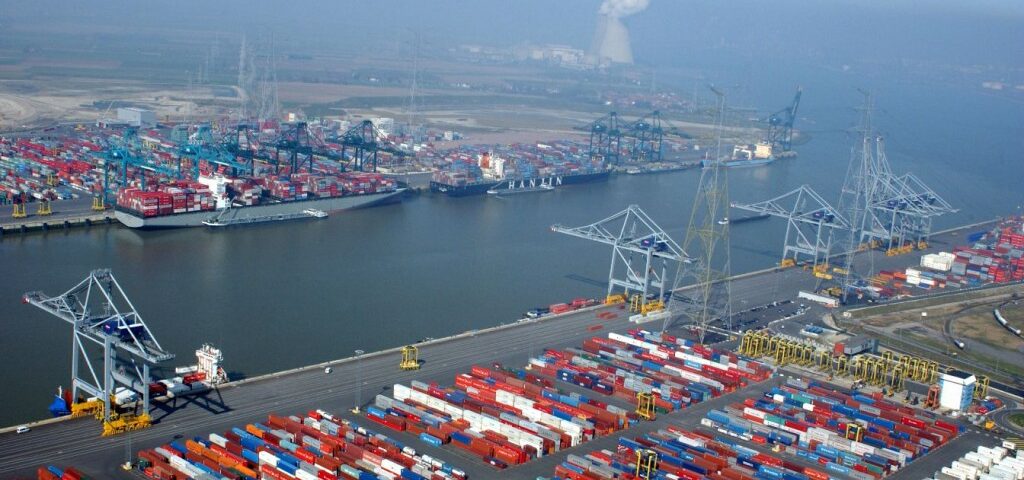 On goes the wave of mergers of port development companies, this time between the ports of Antwerp and Zeebrugge, writes The Analyst Peter de Langen.
On goes the wave of mergers of port development companies, this time between the ports of Antwerp and Zeebrugge, writes The Analyst Peter de Langen.
The merger has been long in the making, in contrast with some other cases, where the initiative came from the ports themselves (for instance the nearby Ghent and Zeeland Seaports merger into North Sea Port, and the merger of Copenhagen and Malmo Ports), this initiative has long been advocated by the Flemish government.
The public owners of the port development companies, the cities of Bruges and Antwerp, initially were more hesitant. The synergies between Zeebrugge and Antwerp (ports that are around 100 km apart and have fairly limited inter-port flows), are less obvious than in the case of North Sea Ports, which really can be regarded as an integrated complex.
Nevertheless, there are clear synergies, especially with regard to new energy related developments such as LNG, hydrogen and the capture, storage and use of carbon. The merger also is a demonstration of the rising importance of the energy transition for ports. While in the past talks about synergies were focused on the container segment, synergies for that segment are not highlighted in the merger announcement – apart from the ‘bragging rights’ because in all likelihood, a Port of Antwerp Bruges can call itself Europe’s largest container port.
Overall, this merger is likely to create value for port users and society at large, but one aspect is still missing – a better composition of the supervisory board. This board will be made up of six local politicians from the city of Antwerp, three from Ghent and four independent members. These latter ones will be selected ‘taking the regional embeddedness into account’.
The high number of politicians, as well as the stated relevance of the regional background of the independents, suggests that further steps are required to shift to a truly independent and professional board.
I would even argue (in line with a wealth of studies demonstrating the value of diversity, in all its dimensions, like gender, industry background and nationality) that it would be healthy to add a couple of foreign board members with a fresh take on the new organisation.
The viewpoint has been published first @PortStrategy.












